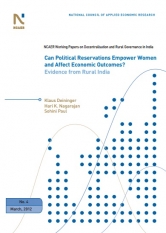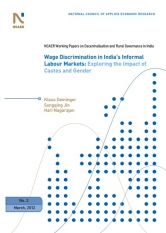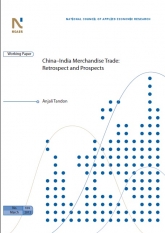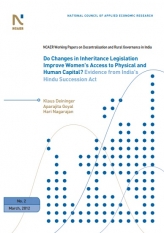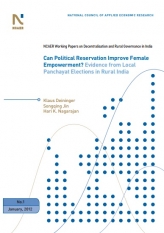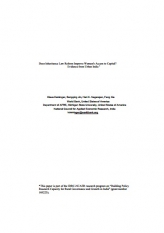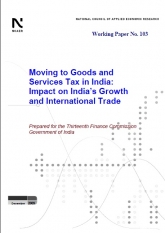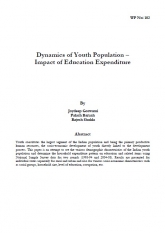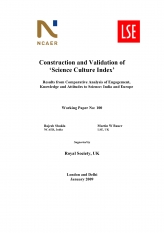Rajesh Shukla
January 2009
Countries world-wide routinely collate statistics on STS performance indicators such as R&D expenditure, science publications, citations and impact, high-tech employment, and penetration of hightech goods. In parallel there have been several, but often isolated, attempts to define complementary ‘public understanding of science (PUS)’ indicators including concepts such as scientific literacy, public sentiment, interest, and attitudes. This has been... Read More
Download PDF






